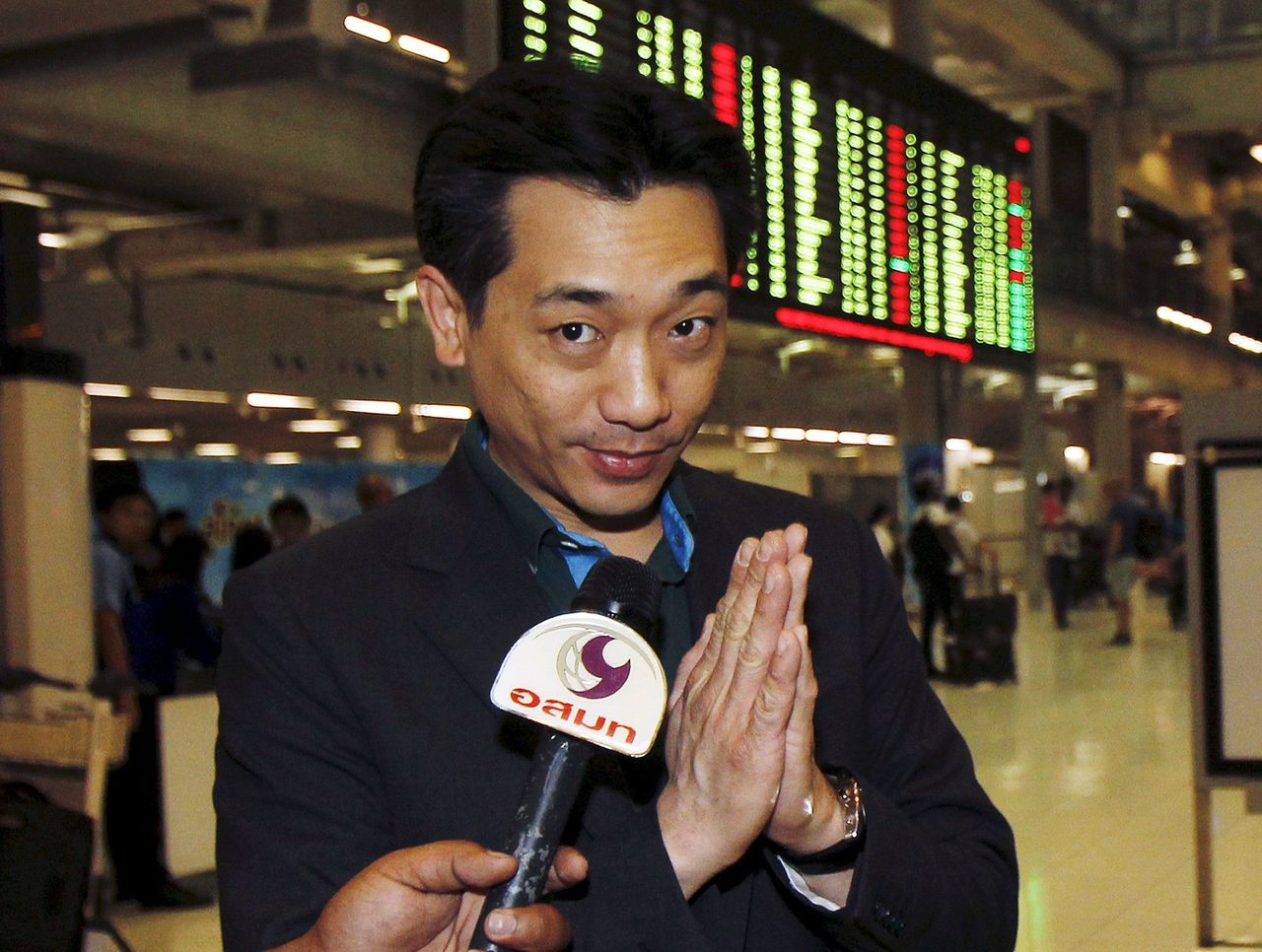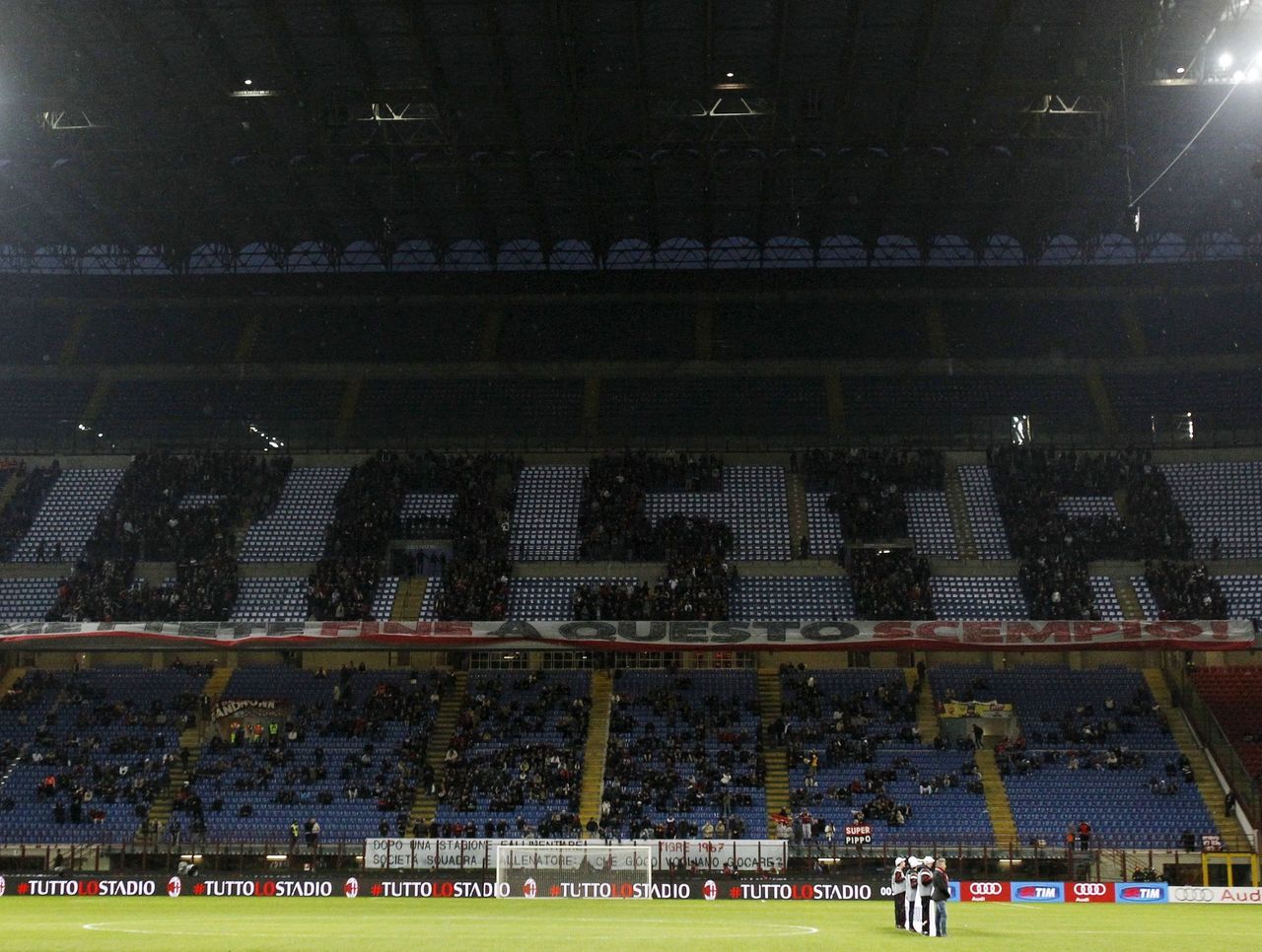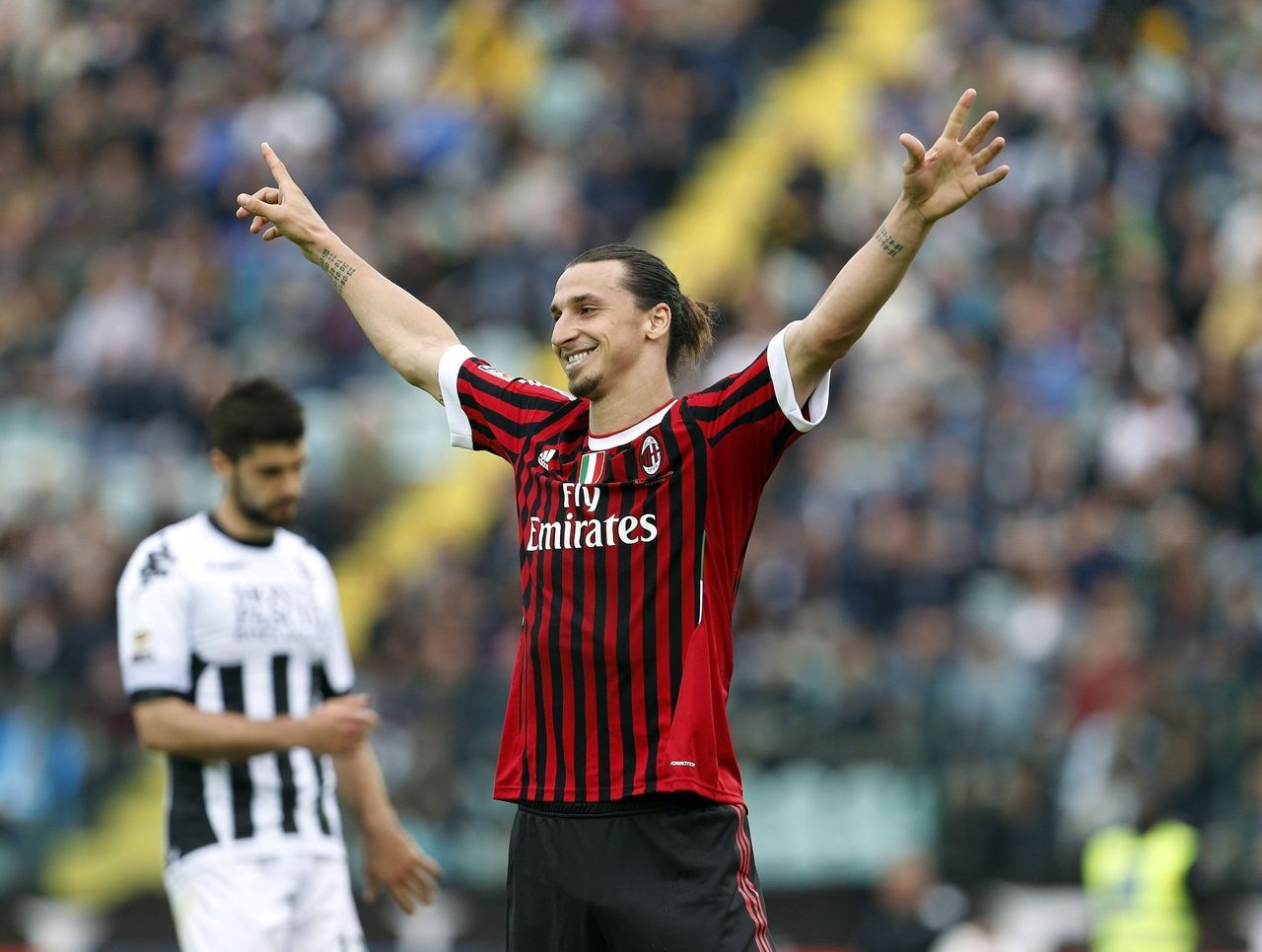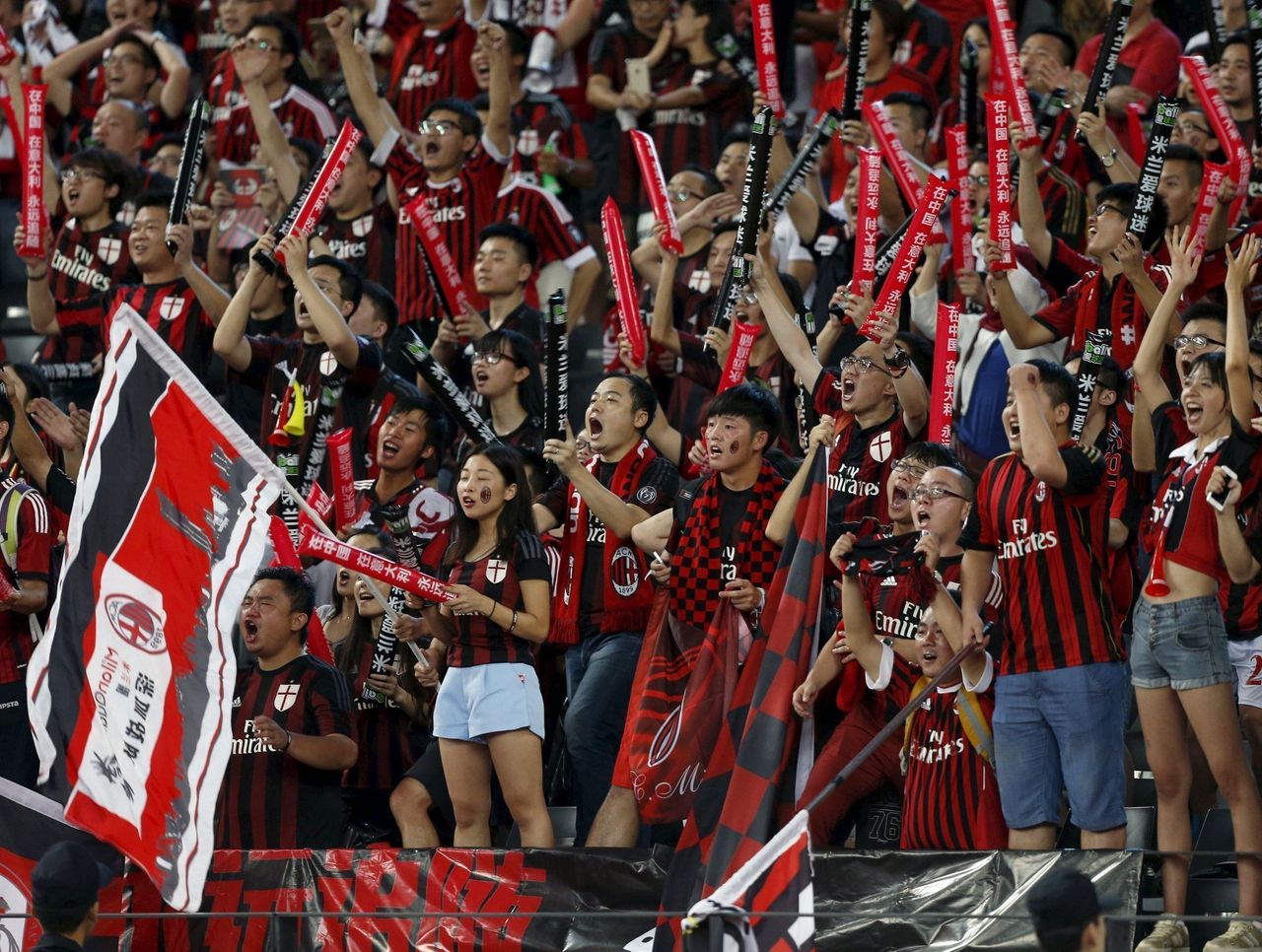A new beginning: Explaining the impact of AC Milan's Chinese takeover
For nearly two years, the talks dragged on and on. Fans grew impatient. AC Milan was stuck in limbo as negotiations for a new owner came to nothing.
At first, president Silvio Berlusconi seemed adamant about retaining a majority share. He wouldn't consider selling 100 percent of the team he saved from bankruptcy in the 1980s.
There was Bee Taechaubol, the Thai businessman who promised a "big and ambitious business and sports plan to bring Milan back to the top levels of Italian and international football," Berlusconi's holding company, Fininvest, said in a statement in June 2015.
But Taechaubol disappeared, and the search started again.

Things changed this summer just as Berlusconi's health became an issue. After undergoing heart surgery in June, the 79-year-old emerged from hospital and declared he was ready to sell the 18-time Serie A champion.
Names came into the picture and slowly faded into the background, including Alibaba founder Jack Ma, internet entrepreneur Robert Li, and most recently Sonny Wu.
In the end, it was Chinese businessman Han Li who swooped in to save the ailing Italian giant, signing a preliminary agreement Friday with Fininvest to purchase 99.93 percent of Milan for €740 million - €220 million of which will cover debts. Li's joined by Haixia Capital, a state-backed firm with investments in Chinese infrastructure. There's serious money behind this consortium.
Related: AC Milan signs preliminary agreement with Chinese investors
The deal has opened a whole new world of possibilities for the Rossoneri. Weighed down by record €91.3-million and €81.3-million losses over the past two seasons, Milan can now begin planning with the necessary resources.
Li's arrival isn't a quick fix, or an immediate game-changer. It will take time for Milan to enjoy the fruits of this complex, drawn-out, and utterly necessary takeover. Milan has to field a competitive team to reach the Champions League again, and win over the hearts of supporters who've ditched the San Siro - now a cavern more than a theatre of football. A new stadium is also a requirement.

But this takeover is only in the preliminary stages. Milan received a €15-million payment upfront, according to Fininvest's press release, and is due to get another €85 million by Sept. 10.
Because Milan virtually has no capital of its own, joint-CEO Adriano Galliani won't have much more money to spend before the end of the transfer window on Aug. 31. What he can do, however, is look to bring in players on loan with buyout options.
Sky Sport Italia's Luca Marchetti believes Milan can now legitimately consider closing deals for the likes of Chelsea winger Juan Cuadrado and Juventus striker Simone Zaza. In other words, Galliani can operate on the market knowing the club can defer payments until the end of a season-long loan.
It's a start.
Selling Carlos Bacca for a reported €30 million is also a possibility, but as demonstrated in the past, Milan has often sacrificed its stars to absolutely no long-term benefit. When Zlatan Ibrahimovic and Thiago Silva departed, Milan had only temporarily balanced the books.

To be a self-sufficient club, it has to start thinking differently.
The number that really matters is the promise of €350 million in investments over the next three seasons. The Chinese investors are expected to deliver €100 million of that amount by the closing date, which is set to be completed by the end of 2016. (Of course, delays can and probably will take place.)
If everything goes according to plan, Milan could technically begin to make a splash during the January transfer window. Because clubs are hesitant to make wholesale changes halfway through the season, it's unlikely manager Vincenzo Montella would sanction a massive turnover of players at that point. That means Milan fans would have to wait until next summer to truly witness the beginning of this new era.
So even if this Chinese takeover has been slow and treacherous, it's still important. These investors have the chance to build on a foundation of followers in the Far East and propel the AC Milan brand to new heights.

Chinese television used to exclusively broadcast Serie A matches in the 1980s, and millions grew up idolising the red and black colours as a result of Milan's success, with Ruud Gullit, Marco van Basten, and Frank Rijkaard launching the club to consecutive European Cups in 1989 and 1990.
International powerhouses like Manchester United care about marketing potential in China, whose own teams have outbid their Premier League counterparts thanks to state funds and president Xi Jinping's new focus on football development.
It also necessitates Berlusconi's sad, yet urgent departure following season upon season of mismanagement. The media mogul revolutionised the game, using his television networks to maximise the reach of his new team. It was the beginning of the TV era - which is now taking over the Premier League at a rate of billions of pounds. He gained popularity and won votes in Italy's elections as he made big signings and put an attractive, winning Milan together.
But time passed him by, his political career fizzled out, and neither he nor Milan could keep up with the very industry they changed.
Several years of losing and painstaking negotiations later, and Milan's on the precipice of re-joining the elite. It just may take yet a little more patience to fully realise.
HEADLINES
- Draymond leaves for locker room after heated exchange with Kerr
- Pelicans overcome AD's 35-point night to win 5th straight game
- Purdy's 5 TDs lead 49ers past Rivers, Colts on MNF
- Pacers' Carlisle wants NBA to review play that injured Jackson
- Bills, Chargers, Jaguars book playoff spots after Colts' loss to 49ers